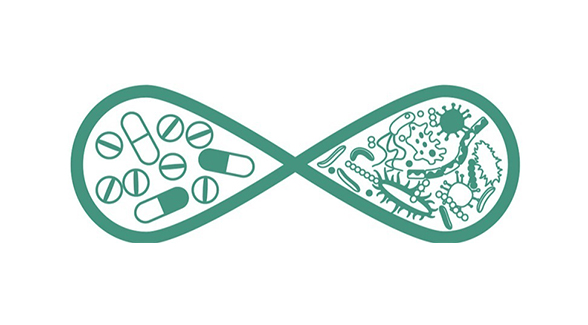
Antimicrobial resistance is a global public health threat predicted to cause 10 million deaths every year worldwide by 2050. To promote the responsible use of antimicrobials and to ensure that this resource is available for future generations, an Antimicrobial Stewardship Program was implemented at Providence Health Care in British Columbia over five years ago.
Dr. Victor Leung is the current head of this program. According to Dr. Leung, 20% to 40% of antibiotics are misused in Canadian hospitals. “That means prescribing an antibiotic when it’s not needed, or prescribing antibiotics for unnecessarily long durations, or just not choosing the right antibiotic for the right type of infection.” This kind of misuse can lead to dire consequences for patients, including leaving physicians with limited treatment options for future and some current cases.
From a financial perspective, antimicrobials are the second most costly drugs dispensed at hospitals. If they are being prescribed for too long or unnecessarily, this results in wasted hospital money.
“To address why antimicrobials are prescribed inappropriately, we know that one of the huge factors is diagnostic uncertainty,” states Dr. Leung. Hospitals can improve their diagnostic certainty by improving the use of diagnostic testing, which can lead to better patient care and, in the meantime, be a money saver for antimicrobial prescriptions, as well as bed and patient management.
In his ASP, Dr. Leung has found that a collaborative approach, rather than enforcement, has led to results that speak for themselves: a decrease in the use of antibiotics, a reduction in C. difficile infection rates, more collaborative clinical care and lower costs. Today, the antimicrobial stewardship program is financially self-sustainable.
To learn more about ASP and get insight into some practical approaches used by Dr. Leung, please listen to our podcast.

Leave a Reply